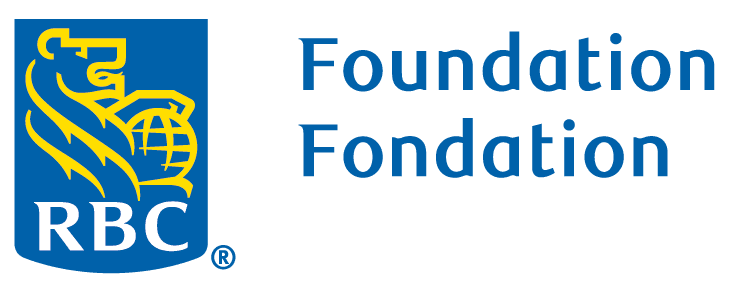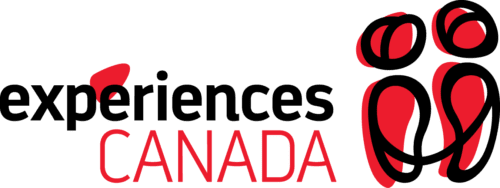
Reconciliation
Experiences Canada has collaborated with Indigenous leaders, artists, lawyers, journalists, and land and water defenders to bring you Five webinars. The speakers in this series have generously offered their time and knowledge to engage youth in a dialogue on the contemporary issues and challenges that Indigenous people face.
Teaching Resources
For each topic, we have providing lesson plans and discussion guides to assist educators in integrating the various topics into their curriculum plans. Our aim is to encourage conversation and inquiry among Indigenous and non-Indigenous youth, while ensuring a brave space for youth to communicate.
We encourage you to view the webinars with your students, and continue the conversation in your virtual classrooms using our lesson plans and guides.
PROGRAM GUIDE
Program Question : What is Reconciliation ?
DISCUSSION GUIDE
Guidelines for engaging in meaningful and respectful Reconciliation Conversations.
LESSONS
Lessons and activities can be adapted to any course or community group activity and are flexible to different timelines to best suit the class or group.
Introduction to Reconciliation
- Activity: Where are the Children?
- Challenge: Project of Heart Tiles
Download the Lesson Plan
Download the Lesson slides
Watch the webinar
Language and Culture
- Activity: Stories, Songs and Sayings
- Challenge: Hello & Thank you
Download the Lesson Plan
Download the Lesson slides
Watch the webinar
Health & Wellbeing
- Activity: Holistic Health – The Medicine Wheel and Traditional Medicines
- Challenge: Medicine Wheel Bingo Card
Download the Lesson Plan
Download the Lesson slides
Watch the webinar
Environment & Relationship to the Land
- Activity: Whose Land?
- Challenge: Places to Protect
Download the Lesson Plan
Download the Lesson slides
Watch the Webinar
Education and Economic Opportunity
- Activity: What/who is missing?
- Challenge: Write a letter
Download the Lesson Plan
Download the Lesson slides
Watch the webinar
Partner Resources
As well as contributing to the Experiences Canada Youth Leadership Forum on Reconciliation, Experience Canada’s program partners are also offering additional resources as part of the Reconciliation Conversations webinar series. These resources aim to inform and address many of the same issues highlighted by the Reconciliation Conversation speakers, and provide still more ways for youth to take part in meaningful conversations and engage with their communities.
Treaty and Land Claim Map
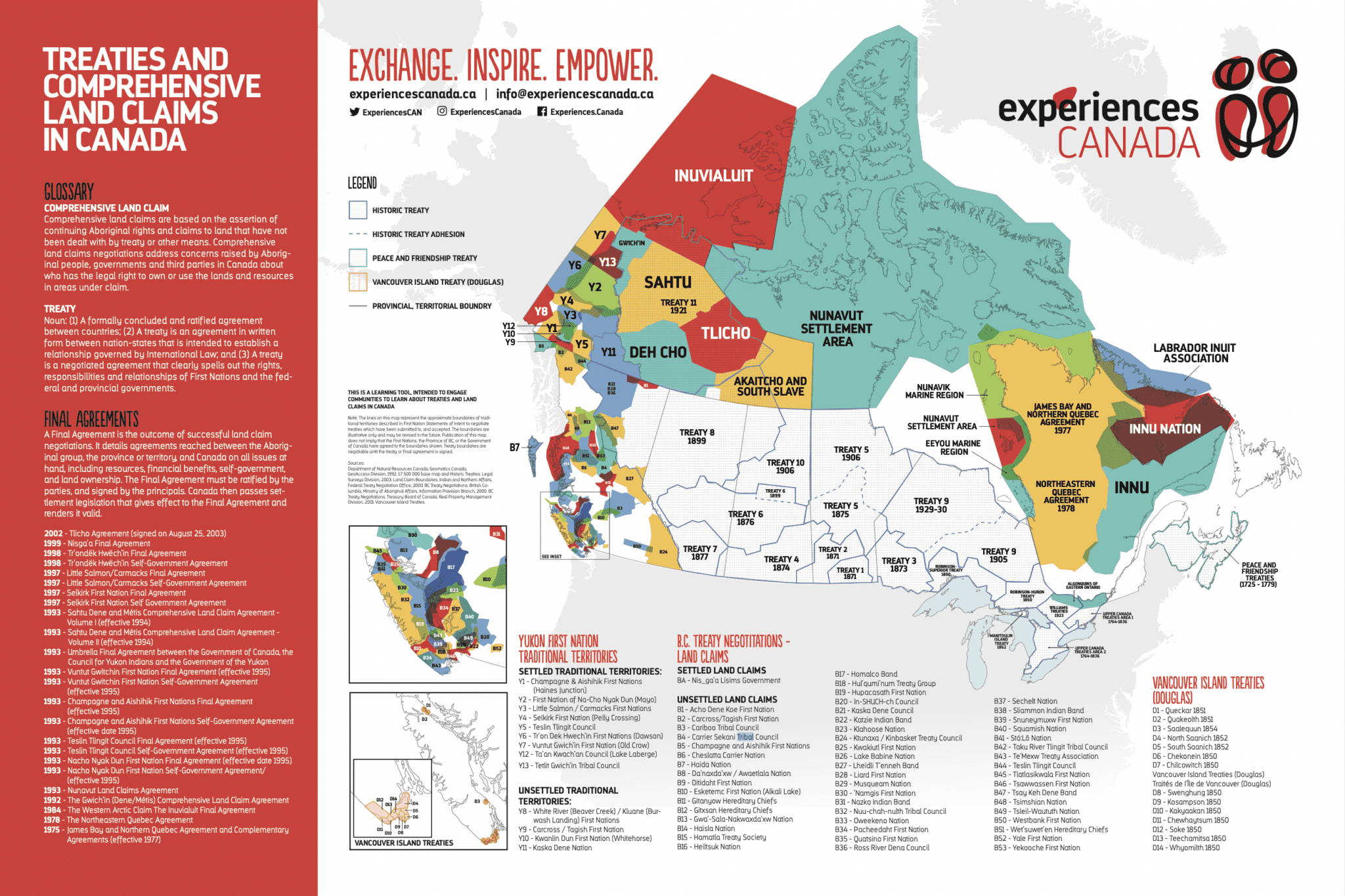

In conversation with Indigenous Senators in the Senate of Canada
As part of our Reconciliation Conversation online series, we invited some of the Indigenous Senators in the Senate of Canada to talk to us about their lived experiences, their vision for Reconciliation, and their advice for Indigenous and non-Indigenous young Canadians about the path forward.
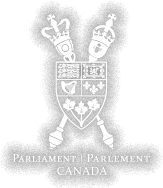
Senators
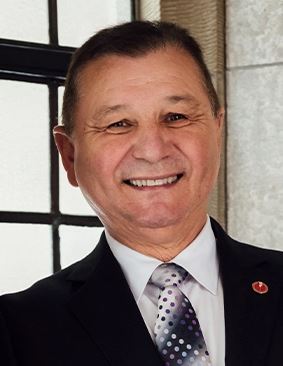
SENATOR BRIAN FRANCIS
Province: Prince Edward IslandSenator Brian Francis is the first person of Mi'kmaq descent in Prince Edward Island to serve a role in the senate.
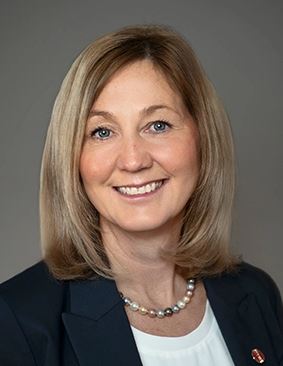
SENATOR PATTI LABOUCANE-BENSON
Province: AlbertaSenator Patti LaBoucane-Benson is a Métis from Treaty 6 territory in Alberta. Her 30-year career has been dedicated to serving her community
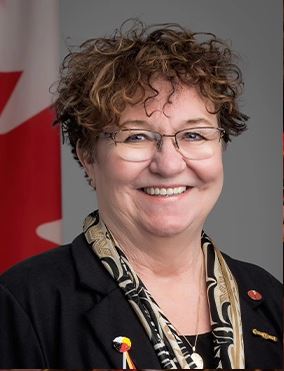
SENATOR YVONNE BOYER
Province: OntarioSenator Yvonne Boyer is a member of the Métis Nation of Ontario with her ancestral roots in the Métis Nation-Saskatchewan and the Red River.
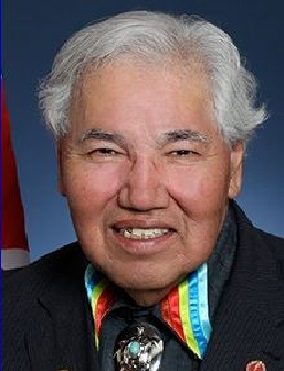
Former Senator Murray Sinclair
Province: ManitobaThe Honourable Sinclair is Anishinaabe and a member of the Peguis First Nation and served as chairman the Truth & Reconciliation Commission.
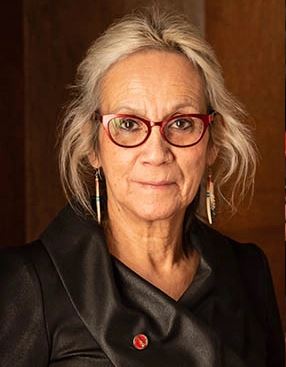
SENATOR MARY JANE MCCALLUM
Province: ManitobaDr. Mary Jane McCallum is a First Nations woman of Cree heritage and an advocate for social justice
Background Introduction
An introduction to these 5 amazing Indigenous Senators. They share stories of their upbringing from various communities across Canada, including the challenges and choices they faced as indigenous youth.
Senate Career
The senators discuss their journey to becoming members of the senate and share some of their personal and professional achievements, and current issues they are passionate about tackling.
Truth & Reconciliation
The senators discuss what they feel are the main priorities in the path towards meaningful Reconciliation – both from their positions within the senate, to state, municipal, and local, opportunities and challenges.
Message to Youth
The senators provide messages of hope and guidance to young indigenous and non-ingenious youth as they transition into adulthood.
VIRTUAL FORUM ON RECONCILIATION – INSPIRATION GUIDE
This guide highlights the youth projects developed at the 2021 virtual youth leadership forum on reconciliation.
Our participants were able to take part in various speaker sessions, sharing circles, and Indigenous teachings over the course of the 5-day forum, which all worked to better educate the youth on the realities of reconciliation in Canada. Participants also worked in small groups to develop their own ideas and projects that address Reconciliation as a priority and/or answered a Truth and Reconciliation Commission’s Calls to Action. Thanks to our Canada Life Reconciliation in Action Micro-Grants, at the end of the forum, each participant received funding to get their project started—allowing them to become active agents of Reconciliation in their community.
We hope this book will be an inspiration to youth and show how to be a difference-maker, that every action has an impact, and the first step is making the decision to get involved.
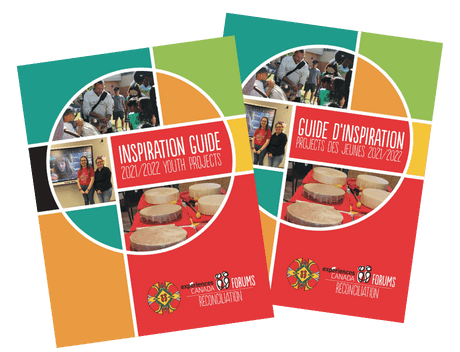
National Youth Forum 2024 Webinars
Economic Reconciliation
This webinar will introduce the concept of economic reconciliation in a way that is appropriate for an audience of youth between the ages of 12 and 18. Subsequent webinars addressing sub-themes of entrepreneurship, environmental stewardship and the impacts of residential schools will also be covered through the lens of economic reconciliation, as will the in-person events in Ottawa for youth participants in early July, 2024. In this session, our goal is to lay the foundations of understanding why economic self-determination of Indigenous Peoples is integral to reconciliation, and how it is beneficial for both Indigenous peoples and settlers. Closing the socio-economic gap between Indigenous and non-Indigenous Canadians would yield a $27.7B contribution to the GDP in Canada according to the 2019 Indigenous Economic Progress Report. The National Indigenous Economic Strategy is designed to drive positive change, address long-standing inequities, and achieve inclusive growth for and with Indigenous communities.
Indigenous Entrepreneurship
This webinar will build on the introduction of the concept of economic reconciliation covered in the first webinar. The goal is look at Indigenous entrepreneurship in the context of broader economic reconciliation and the growth of Indigenous owned start-ups and businesses in non-traditional sectors like fashion, IT, construction, marketing, transportation and many others. The growth and prosperity of Indigenous-owned business will benefit not only Indigenous communities but all of Canada as well, and as such is a key component of economic reconciliation. According to Carole Anne Hilton (founder of the Indigenomics Institute), entrepreneurs play a major role in the Indigenous economy by providing growth opportunities but also by creating a new cultural narrative.
Environmental Reconciliation
This webinar will build on the first two webinars in this series, which have introduced the broader concept of economic reconciliation, and the role that Indigenous entrepreneurship plays in economic reconciliation. The goal of this webinar is to look at the environment through the lens of economic reconciliation, and how environmental stewardship is a key component of successful economic growth and prosperity. Many corporations and companies in Canada have significant operations that have an impact on our environment. We often hear in the news of stories where economic activity and the development of new projects (particularly natural resource-based initiatives) are in conflict with Indigenous communities. True partnerships between corporations and Indigenous communities are bound to be beneficial to the country as a whole, making industries stronger via responsible environmental stewardship and the growth of local economies.
Residential School System
This webinar is the fourth in the series on the theme of economic reconciliation and will build on the previous webinars covering the concept of economic reconciliation, the role of entrepreneurship and how to address environmental stewardship in the context of economic growth. This fourth webinar will look at the lasting impacts of residential schools and the role education will play in economic reconciliation, in a way that is age appropriate for the participants who are between the ages of 12 and 18. Given the sensitive subject matter related to residential schools, it is important that the material be approached in a way that is appropriate to the age and maturity of the participants.
Reconciliation Conversations 2020 Webinars
Introduction to Reconciliation
Reconciliation means different things to different people, understanding the breadth of perspectives is an important first step in fostering more meaningful dialogue. Our introduction to Reconciliation will inform about the treaty rights and obligations that were agreed upon, the historic injustices that have affected Indigenous populations over the past century and a half, and some of the priority themes related to Reconciliation today.
Speakers: Perry Bellegarde, Max Fine Day, and Crystal Martin-Lapenskie.
Language and Culture
Language is critical to sharing traditional knowledge, family and community history, and cultural worldview. Sadly, years of colonial systems and structures, most notably the imposition of Residential Schools, severed these connections, meaning that for many generations, knowledge and understanding about their communities and their cultural identities was lost
Speakers: Susan Aglukark, Zoey Roy, and Sage Paul.
Health & Wellbeing
The underlying issues for the health crises facing Indigenous communities are well documented: unsafe drinking water; lack of adequate housing and affordable food supplies; lack of adequate health care and emergency services; lower income levels and lack of access to education and economic opportunity.
Speakers: Pam Palmater, and Michael Redhead Champagne
Environment and Relationship to the Land
Industrial development over the past century and a half has negatively impacted the quality of the environment through pollutants, contaminants, urbanization. Large scale industrial projects such as the construction of pipelines, forestry, and water waste management have often led to conflicts with Indigenous communities concerned over the potential long-term degradation to the natural resources and their traditional ways of life.
Speakers: Geoff Green, Larissa Crawford, and Kluane Adamek.
Education & Economic Opportunity
Better education is the cornerstone for a stronger path forward for everyone: fueling understanding and awareness; and providing greater opportunities for economic well-being. Indigenous people are the fastest growing population in Canada. Investing in their future economic outcomes will strengthen prosperity and sustainability for all of Canada.
Speakers: Arlen Dumas, and Autumn Larose-Smith.
Integrating First Nations Perspectives
Allen Sutherland will discuss the spirit and the intent of the numbered-treaties in Canada. Specifically, the spirit they represent and the intent behind them. Through a thoughtfully put-together presentation and open-dialogue session, Allen will walk us through what it means to be Indigenous as well as non-Indigenous in today’s Canadian society.
Speaker: Allen Sutherland, National Centre for Truth and Reconciliation (NCTR)
Inuit Perspectives
An in-depth discussion will be led by Martha Peet. This discussion will guide youth participants through a series of subjects Martha has deemed crucial to considering the positive aspects of Reconciliation. Through her experiences as an Inuk in Canada, Martha wields her identity with wisdom to inform the youth participants of the need to consider other people’s perspectives.
Speaker: Martha Peet, National Centre for Truth and Reconciliation (NCTR)
Introduction to Land Acknowledgements
Moe Clark will awaken students’ awareness of the land we are all living on by helping them form their own personal territorial acknowledgements. Moe will begin with a short introduction and land acknowledgement. She will then move to her spoken-word performance of one of her poems which will be followed by the playing of a short video discussing the significance of Treaty 7.
Speaker: Moe Clark, National Centre for Truth and Reconciliation (NCTR)
Thanks to Our Sponsor
Experiences Canada is proud to partner with RBC`s Future Launch initiative – a commitment to help young Canadians prepare for a drastically changing workforce.
You can find out more about the many youth initiatives RBC supports here.
